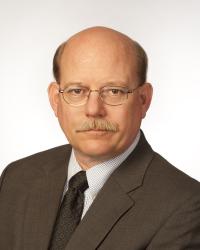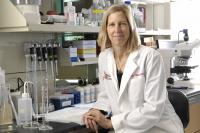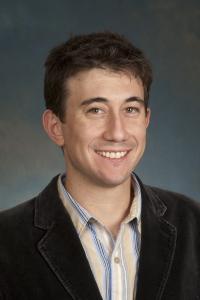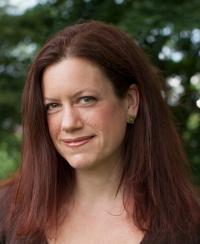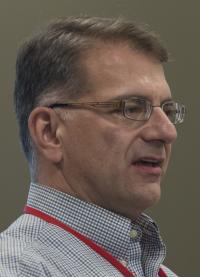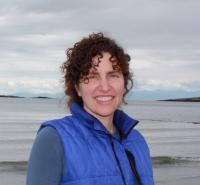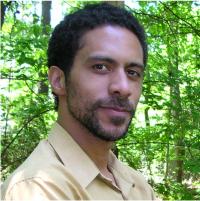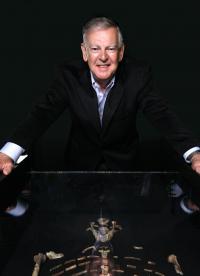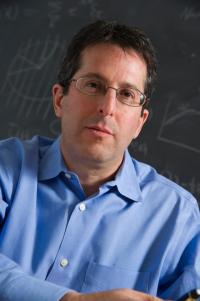Stan Gehrt
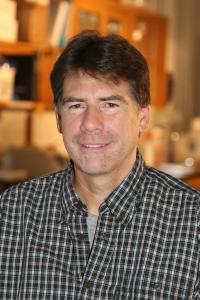
Associate professor of wildlife ecology; extension wildlife specialist, The Ohio State University
Wildlife biologist Stan Gehrt studies various aspects of mammalian ecology, especially urban systems, and the dynamics of wildlife disease. He is principal investigator of the largest urban coyote study conducted to date, in which he has tracked more than 800 coyotes in the Chicago area for over a decade. He also studies coyote and deer ecology in Cleveland, Ohio, and has a collaborative project on the ecology of eastern coyotes in Cape Breton Highlands National Park, Nova Scotia. As an expert on human-coyote conflicts, Gehrt has consulted with cities across the U.S. and Canada. His research has been featured in numerous print, radio, and television outlets, including ABC, PBS, and the History and National Geographic channels. He is senior editor of the book Urban Carnivores, published in 2010 by Johns Hopkins University Press. He earned his Ph.D. at the University of Missouri studying the social organization of raccoons in south Texas. He joined the OSU faculty in 2003.
Speaking:
-
Monday, October 20th, 11:00 am to 12:00 pm

